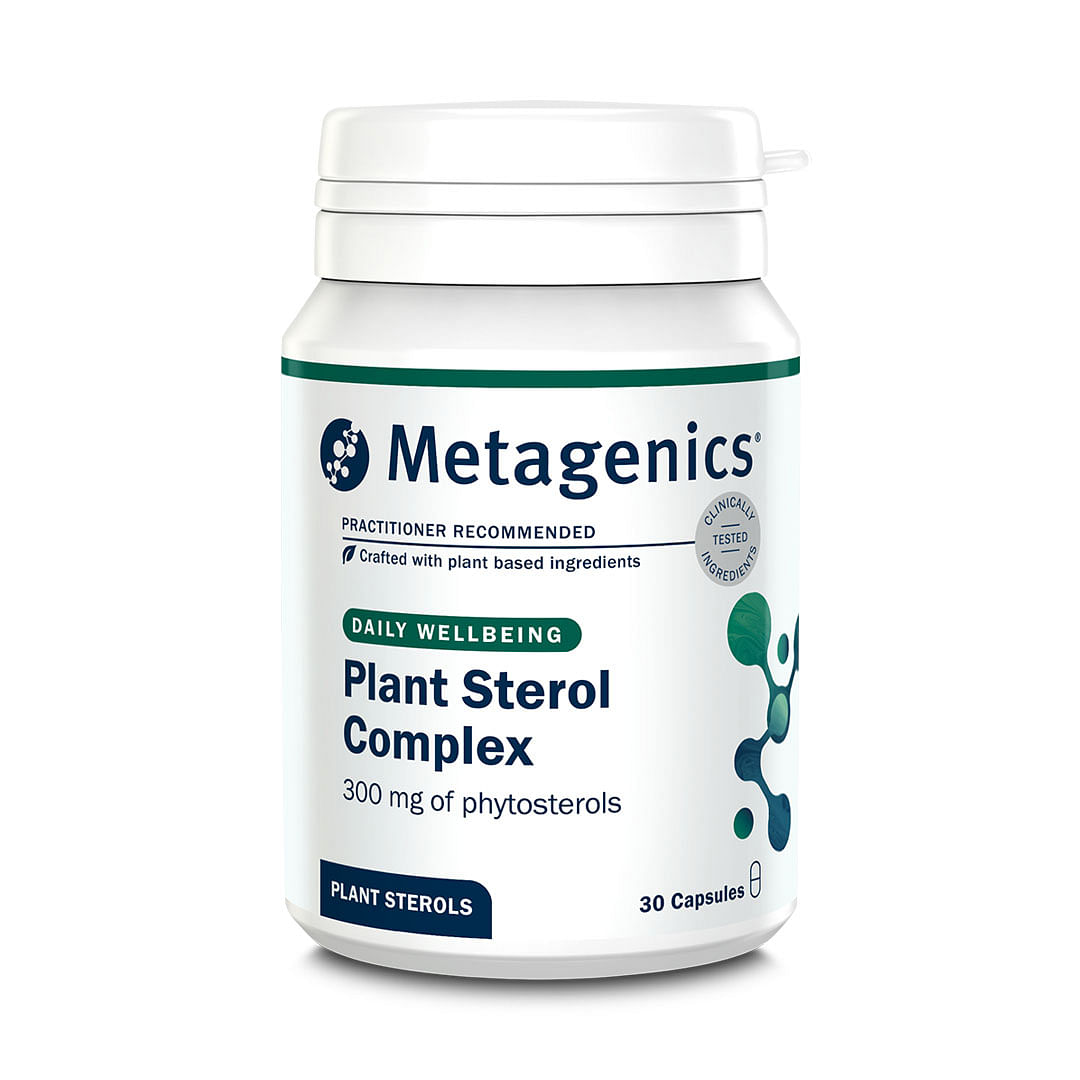The Power of plant Sterols: Nature’s Cholesterol Combatants
Plant sterols, also known as phytosterols, are naturally occurring compounds found in plants that bear a striking structural resemblance to cholesterol. This similarity is the key to their cholesterol-lowering prowess, making them a valuable dietary component for heart health. This comprehensive article delves into the science behind plant sterols, their sources, mechanisms of action, health benefits, and practical ways to incorporate them into your daily diet.
Plant sterols are a group of steroid alcohols, structurally similar to cholesterol, the steroid alcohol found in animals. This structural similarity allows them to compete with cholesterol for absorption in the small intestine. They are found in a wide variety of plant-based foods, albeit in varying concentrations.
Common Sources of Plant Sterols

Vegetable Oils: Particularly corn oil, soybean oil, canola oil, and sunflower oil.
The primary mechanism by which plant sterols lower cholesterol is through competitive inhibition of cholesterol absorption in the small intestine. Because they are structurally similar, plant sterols compete with cholesterol for incorporation into micelles, the structures that transport lipids across the intestinal wall.
How Plant Sterols Work
Micelle Formation: In the small intestine, bile acids and dietary fats form micelles, which are necessary for cholesterol absorption.

The most well-known benefit of plant sterols is their ability to lower LDL cholesterol. However, research suggests they may offer other potential health advantages.
Cardiovascular Health
Reduced Risk of Heart Disease: By lowering LDL cholesterol, plant sterols contribute to a reduced risk of cardiovascular diseases, such as heart attack and stroke.
Other Potential Benefits
Cancer Prevention: Some studies have explored the potential role of plant sterols in cancer prevention, particularly colon and prostate cancer. However, more research is needed to confirm these findings.
To achieve significant cholesterol-lowering effects, a daily intake of 2-3 grams of plant sterols is generally recommended. This amount can be challenging to obtain from unfortified foods alone.
Achieving Optimal Intake
Fortified Foods: Consuming plant sterol-fortified foods, such as margarines, yogurts, and cereals, is a convenient way to reach the recommended intake.
Practical Dietary Strategies
Use Plant Sterol-Fortified Margarine: Replace regular margarine with plant sterol-fortified versions.
Plant sterols are generally considered safe for most individuals. However, there are some important considerations.
Potential Side Effects
Beta-Sitosterolemia: A rare genetic condition characterized by excessive absorption of plant sterols, leading to elevated blood levels and potential health risks. Individuals with this condition should avoid plant sterol-fortified foods.
Interactions with Medications
Cholesterol-Lowering Medications: Plant sterols can be used in conjunction with cholesterol-lowering medications, such as statins. However, it is essential to consult with a healthcare professional before combining them.
Special Populations
Pregnant and Breastfeeding Women: While plant sterols are generally considered safe, it is recommended that pregnant and breastfeeding women consult with their healthcare provider before using plant sterol-fortified products.
Research on plant sterols continues to evolve, with ongoing studies exploring their potential benefits beyond cholesterol lowering.
Emerging Areas of Research
Gut Microbiota: The interaction between plant sterols and the gut microbiota is an area of growing interest.
Plant sterols are a valuable dietary tool for managing cholesterol levels and promoting heart health. By understanding their mechanism of action, sources, and benefits, individuals can make informed choices about incorporating them into their daily lives.
Key Takeaways
Plant sterols lower cholesterol by competing with cholesterol for absorption in the small intestine.
By adopting a heart-healthy lifestyle that includes a balanced diet, regular exercise, and appropriate intake of plant sterols, individuals can significantly reduce their risk of cardiovascular diseases and improve their overall well-being.



